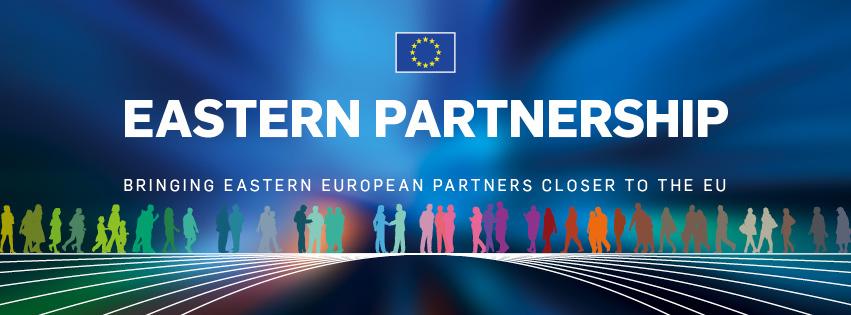Working together to promote human rights education and democratic citizenship
The project “Promoting Human Rights Education and Democratic Citizenship” is a 3-year (2015-2017) initiative aimed at supporting integration and/or further development of education for democratic citizenship and human rights education in national education systems (including school curriculum), in accordance with the Council of Europe Charter on Education for Democratic Citizenship and Human Rights Education.
The project embraces the six countries of the EU's Eastern Partnership (EaP): Armenia, Azerbaijan, Belarus, Georgia, Moldova and Ukraine. It is co-financed by the European Union and the Council of Europe and implemented by the Council of Europe within Partnership Cooperation framework.
The project will result in strengthening educational policy and practice in 6 EaP countries in line with Education for Democratic Citizenship and Human Rights Education (EDC/HRE) standards. In particular, it means the following:
School curriculum in the 6 countries of the region will get improved through analysis and integration of the principles of the Charter on EDC/HRE;
EDC/HRE materials will be available in at least 6 languages of the participating countries;
At least 900 educational professionals, youth leaders and youth workers (150 persons in 6 EaP countries) will get an increased capacity to teach and promote EDC/HRE in formal and non-formal education;
In at least 90 target schools (15 schools in 6 countries) EDC/HRE materials will be piloted and teachers in at least 50% of those schools will use these materials in their practice;
An increased number of non-governmental organisations, including youth organisations, will persistently advocate for and support the implementation of quality standards for human rights education programmes and activities;
An increased number of partnerships and networking in the field of human rights and democracy education will take place among relevant actors (e.g. public authorities, parliamentarians, education professionals, civil society and professional media).
Why is this project is important for general public in six EaP countries? It will systematise, strengthen and retrofit the endeavours to make education systems and practices promote the values of human rights and democracy at the local, national and regional levels
It is crucially important that national education systems train not just professionals-to-be, but also citizens-to-be – individuals who are able to contribute to settling the rules in society, supervise that they are observed and undertake responsibility for being a citizen. It will promote that six EaP countries develop their prosperous societies where every person is respected.
To achieve project goals and objectives, the following measures will be taken. First, a mapping of most important initiatives and priorities in the area of EDC/HRE in six countries will be carried out. It will help to identify best solutions and imperatives for the national counterparts. Based on this, trainings will be delivered for education professionals, students and youth NGOs on how to mainstream EDC/HRE in the system of education. EDC/HRE materials of the Council of Europe will be translated to the languages of EaP countries and piloted to identify sustainable options for introducing the respective topics in the curricula. The project will also collect and share experience and best practices at the national, regional and European levels.


